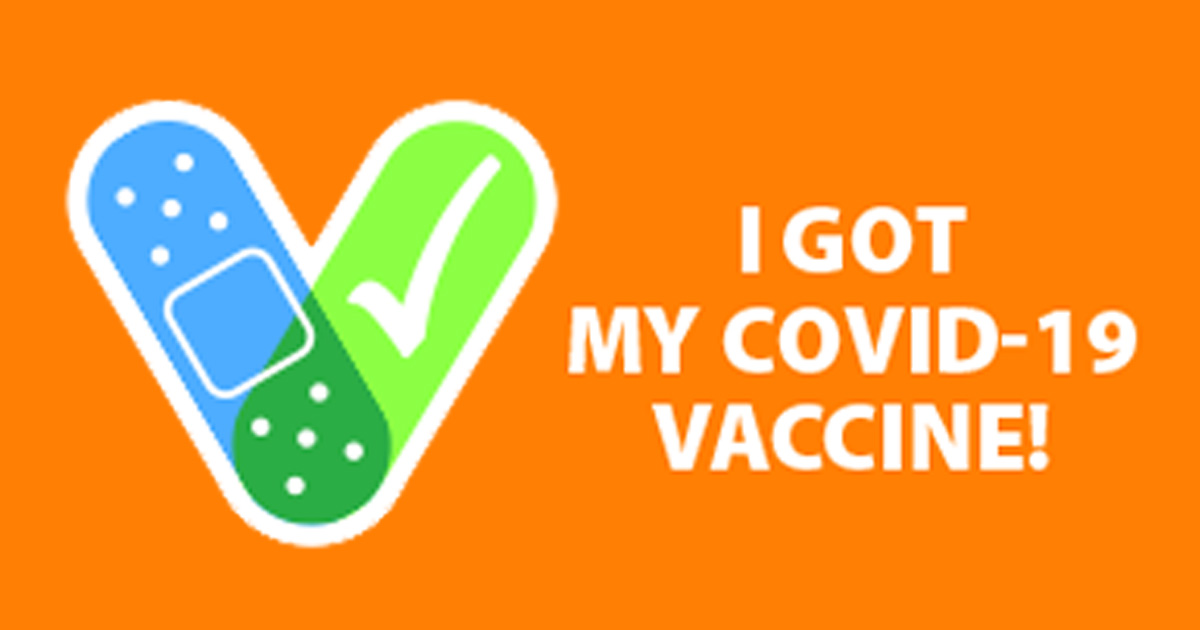Protect Your Personal Info on Social Media
ome of you are celebrating your second COVID-19 vaccination with the giddy enthusiasm that’s usually reserved for weddings, new babies, and other life events. You’re posting a photo of your vaccination card on social media. Please — don’t do that! You could be inviting identity theft.
Your vaccination card has information on it including your full name, date of birth, where you got your vaccine, and the dates you got it. When you post it to Facebook, Instagram, or to some  other social media platform, you may be handing valuable information over to someone who could use it for identity theft.
other social media platform, you may be handing valuable information over to someone who could use it for identity theft.
Think of it this way — identity theft works like a puzzle, made up of pieces of personal information. You don’t want to give identity thieves the pieces they need to finish the picture. One of those pieces is your date of birth. For example, just by knowing your date and place of birth, scammers sometimes can guess most of the digits of your Social Security number. Once identity thieves have the pieces they need, they can use the information to open new accounts in your name, claim your tax refund for themselves, and engage in other identity theft.
Want to share the news about your vaccination? How about a photo of a nifty adhesive bandage on the injection site? (You can show off your tattoos and deltoids at the same time.) Or, post a photo of your white or orange vaccine sticker. The stickers are really cool.
As for your social media networks, be sure that you’re not oversharing information that can serve as a key to your PIN number or answer a security question. And, while you’re checking, check your privacy settings too. If you want to limit access to a small group of family and friends, make sure the settings are configured to avoid sharing information with strangers.
Visit How to Keep Your Personal Information Secure for more tips about protecting your information against identity thieves.






